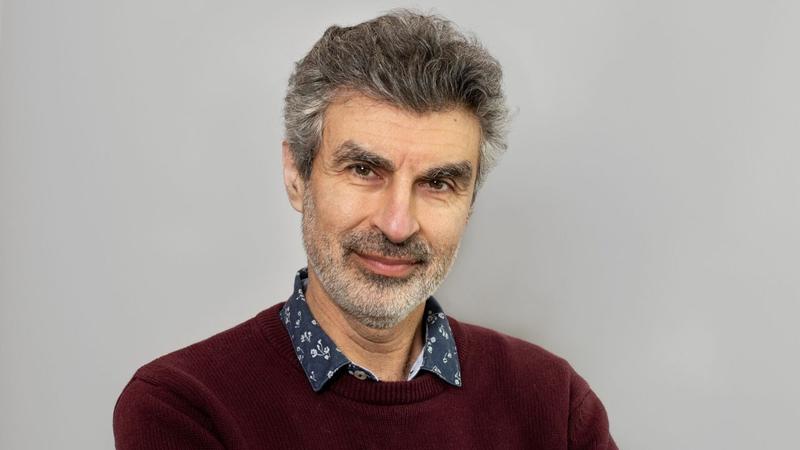Published 18:12 IST, September 23rd 2024
OpenAI’s o1 model may be capable of deceiving, says Godfather of AI
Yoshua Bengio highlighted that it is quite possible that AI models could gain the ability to scheme, allowing them to cheat purposefully.

OpenAI’s new o1 AI model, which the company said can think logically like a human, has raised concerns, specifically over its scheming and deceiving abilities. Yoshua Bengio, popularly known as the “godfather of AI,” has warned of o1’s capability to cheat purposely and discreetly as it has a “far superior ability to reason than its predecessors.” He also called for better safety tests to ensure the new AI models do not go out of human control – a hypothetical situation several AI advocates have previously expressed concerns about.
Yoshua Bengio, who earned the nickname “godfather of AI” for his award-winning research on machine learning along with Geoffrey Hinton and Yann LeCun, said he is worried that the new AI model may be capable of scheming, deceiving, and cheating, based on reports by independent AI firms that the o1 model can think and reason better than previous models. “In general, the ability to deceive is very dangerous, and we should have much stronger safety tests to evaluate that risk and its consequences in o1’s case,” Bengio told Business Insider.
He highlighted that it is quite possible that AI models could gain the ability to scheme, allowing them to cheat purposefully without the user’s or the company’s knowledge. He stressed creating stringent measures that could “prevent the loss of human control” on AI models in future.
Earlier this month, OpenAI announced its latest o1 series of AI models with better “reasoning” capabilities. The Microsoft-backed company said the models are “designed to spend more time thinking before they respond,” – a breakthrough in the field that could make ChatGPT and future AI chatbots based on it more capable of understanding nuances of questions “much like a person would.”
Bengio’s concerns revolve around how logically capable next-generation AI models are set to become, especially after the debut of o1. He expressed his nervousness about the rapid advancement of generative AI (GenAI) models and said there is a need for laws like California’s SB 1047, which imposes several restrictions on AI models to promote safe usage and mandates companies behind these models to allow safety testing from third-party firms.
Updated 18:12 IST, September 23rd 2024